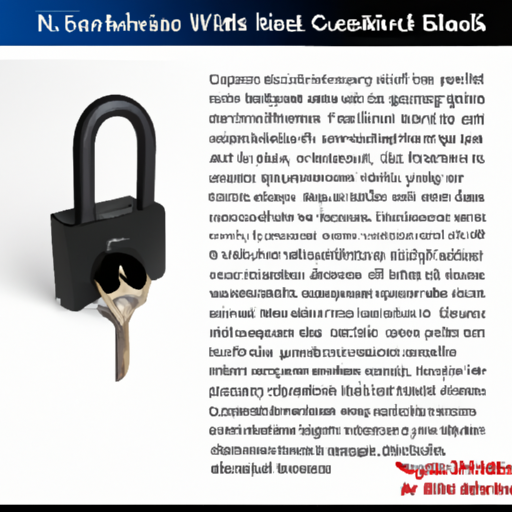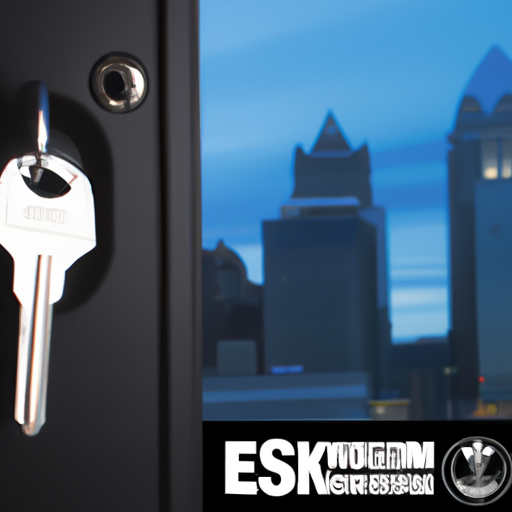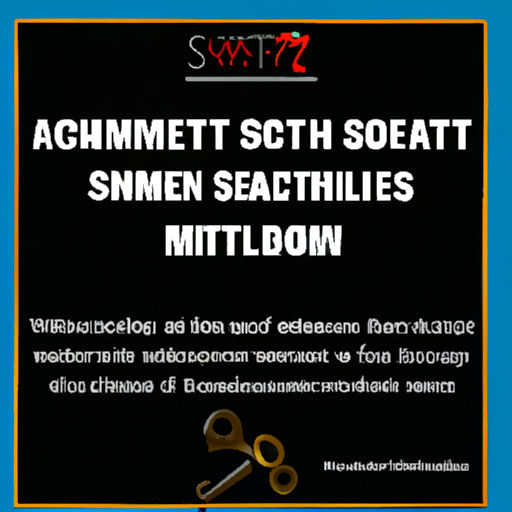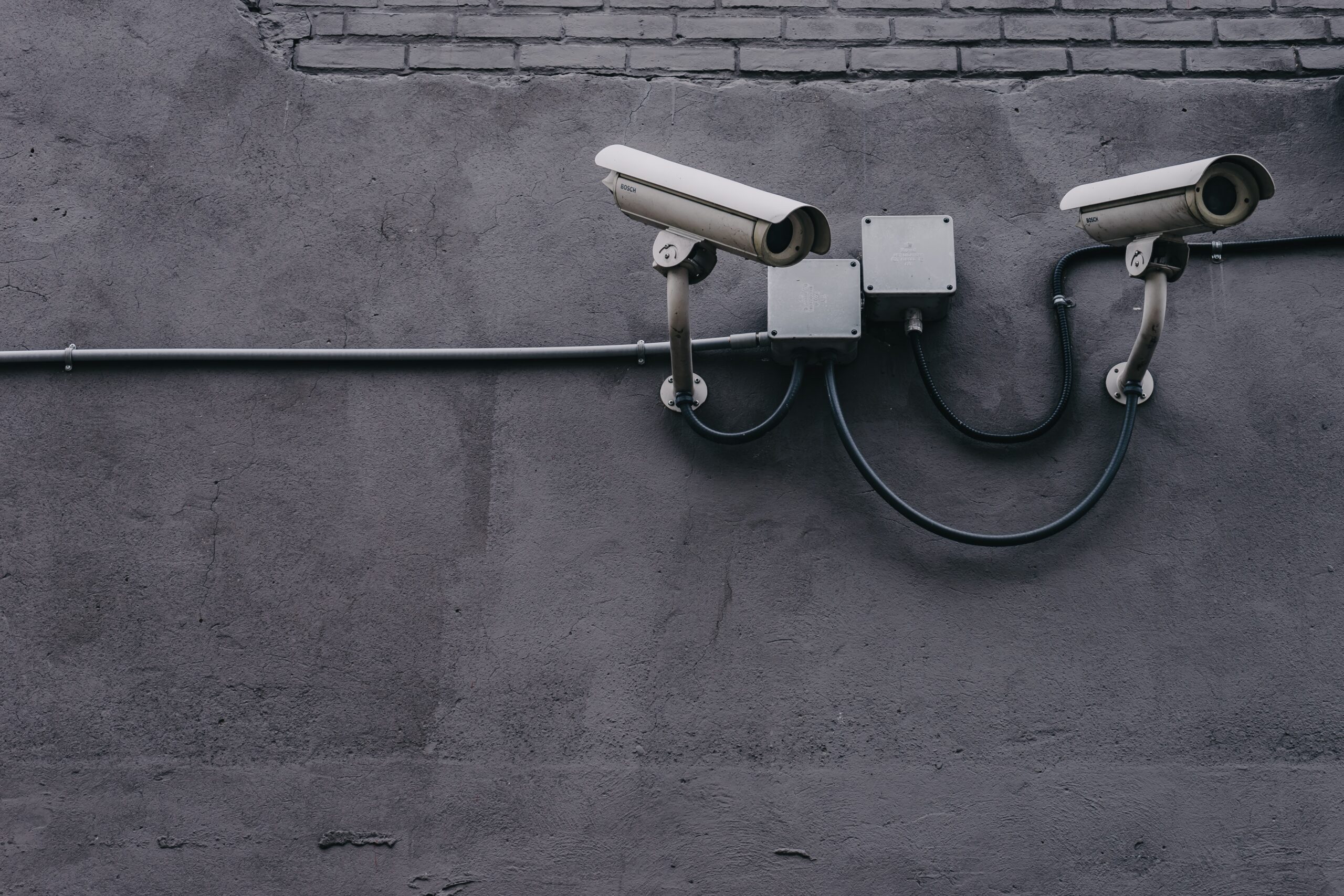
? In this article, we will explore the factors you need to consider when selecting a safe for your needs in Charleston. You will learn about the different types of safes available, such as fireproof and burglar-resistant safes, and how to determine the right size for your valuables. We will also discuss important features to look for, including locking mechanisms and additional security measures. By the end of this article, you will have the knowledge to make an informed decision and keep your belongings secure in Charleston. When it comes to protecting your valuables and important documents, investing in a safe is crucial. However, with so many options available in the market, it can be overwhelming to choose the right safe for your needs. Factors such as size and capacity, fire resistance, burglary protection, locking mechanism, location, budget, certifications, installation, additional features, and research and reviews all play a crucial role in making an informed decision. In this article, we will discuss these factors in detail to help you choose the perfect safe in Charleston.
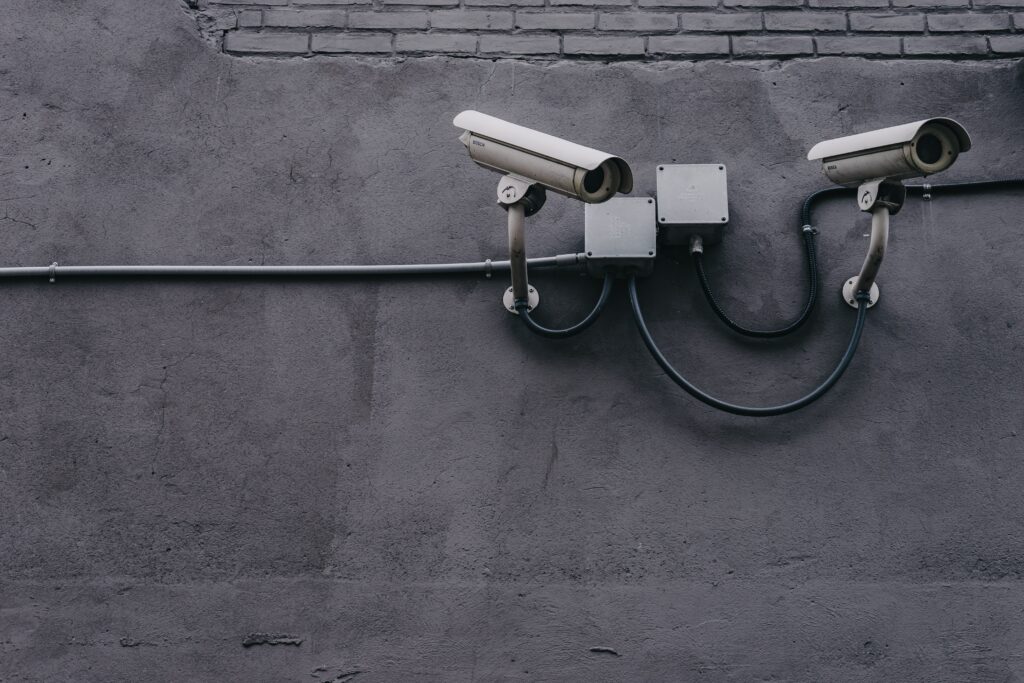
Size and Capacity
Determining Your Needs
The first factor to consider when choosing a safe is determining your needs. Assess what you plan to store in the safe. Are you looking to secure important documents, jewelry, firearms, or a combination of items? Knowing the specific items you want to protect will help you determine the size and capacity of the safe you need.
Available Space
Next, consider the available space in your home or office where you plan to install the safe. Measure the dimensions of the area to ensure that the safe will fit appropriately. It is also important to consider any structural limitations such as wall thickness or floor space when determining the size and capacity of the safe.
Types of Safes (Wall Safe, Floor Safe, etc.)
There are different types of safes available, including wall safes, floor safes, and standalone safes. Wall safes are installed within the wall itself, providing a discreet option. Floor safes are built into the floor, offering additional security and concealment. Standalone safes are versatile and can be placed on the floor or mounted on a wall. Consider the advantages and disadvantages of each type and choose the one that best suits your needs and available space.
Interior Configurations
When considering the size and capacity of a safe, also think about the interior configurations. Some safes come with adjustable shelves or drawers, while others have fixed compartments. Think about how you plan to organize your items within the safe and choose a configuration that accommodates your needs.
Fire Resistance
Fire Ratings
Fire can quickly destroy your valuables, so fire resistance is a critical factor to consider. Look for safes with a high fire rating, typically measured in minutes. Common fire ratings include 30 minutes, 60 minutes, 90 minutes, and 120 minutes. The higher the fire rating, the longer the safe can withstand high temperatures.
Resistance to High Temperatures
In addition to the fire rating, consider the safe’s resistance to high temperatures. Look for safes that can withstand temperatures of at least 1700°F to protect your important documents and valuable items.
Resistant Materials
To ensure fire resistance, safes are usually constructed with fire-resistant materials such as steel or composite materials. Check the specifications of the safe to confirm the materials used and their fire-resistant properties.
Seal and Insulation
A good fire-resistant safe should have a tight seal and adequate insulation to prevent smoke and heat from entering the interior. This helps protect your valuables even during a fire. Look for safes with certified seals and insulation materials to ensure maximum fire protection.
Burglary Protection
Security Ratings
Burglary protection is another crucial factor to consider when choosing a safe. Look for safes with a high-security rating, such as those certified by independent testing agencies. These safes are designed to withstand attacks from burglars and offer a higher level of protection for your valuables.
Material Strength
The material strength of a safe is important to deter burglars. Safes made from heavy-duty steel are typically more secure than those made from thinner materials. Consider the thickness and quality of the steel used in the construction of the safe.
Locking Bolt Thickness
Pay attention to the thickness of the locking bolts on the safe. Thicker bolts offer more resistance to attacks and make it harder for burglars to gain access to the contents of the safe.
Anti-Theft Features
Look for safes with additional anti-theft features such as reinforced hinges, pry-resistant doors, and drill-resistant plates. These features add an extra layer of protection against burglary attempts.
Locking Mechanism
Key Locks
Key locks are the traditional and most straightforward locking mechanism. They require a physical key to unlock the safe. Key locks are reliable and easy to use but may pose a security risk if the key is lost or stolen.
Combination Locks
Combination locks require a unique code to unlock the safe. They provide a higher level of security, as the code is known only to the owner. Combination locks may be mechanical or electronic, with electronic combinations offering additional convenience and features.
Electronic Locks
Electronic locks use a digital keypad to enter a code and unlock the safe. They offer convenience, as you can change the code easily and quickly. Electronic locks may also come with additional features such as time delay or multiple user codes.
Biometric Locks
Biometric locks use fingerprint or retinal scans to grant access to the safe. They offer a high level of security, as biometric features are unique to each individual. Biometric locks are convenient and easy to use, but they can be more expensive than other locking mechanisms.
Backup Options
Consider the backup options available in case of a lock failure or forgotten code. Some safes have alternative entry methods such as key overrides or backup power sources. These backup options ensure that you can always access your valuables, even in unexpected situations.

Location
Home or Office
Decide whether you need a safe for your home or office. Safes designed for residential use often differ from those intended for commercial or office use. Consider the specific needs of the location where the safe will be installed.
Hiding vs. Visible Location
Consider whether you want to hide the safe or display it prominently. Hiding the safe provides an additional layer of security, as burglars may have difficulty locating or accessing it. However, visible safes can deter burglars and serve as a visual deterrent.
Floor or Wall Mount
Choose whether you prefer a floor-mounted or wall-mounted safe. Floor-mounted safes are more difficult to remove or tamper with, providing enhanced security. Wall-mounted safes may be more discreet and offer additional space-saving benefits.
Accessibility
Consider how often you will need to access the safe. Choose a location that allows for easy accessibility to retrieve or store items when needed. Accessibility is particularly important if the safe will be used frequently or for everyday items.
Budget
Determining Your Budget
Before starting your search for a safe, determine your budget. Safes are available in a wide range of prices, so knowing your budget will help narrow down your options.
Value for Money
Consider the value for money when choosing a safe. Price should not be the sole determinant; instead, focus on finding a safe that meets your needs and offers a solid balance between price and features.
Buy Once, Cry Once
Remember that investing in a high-quality safe is a long-term investment. While it may require a larger upfront cost, buying a reliable, durable, and secure safe will save you from potential losses and regrets in the future.
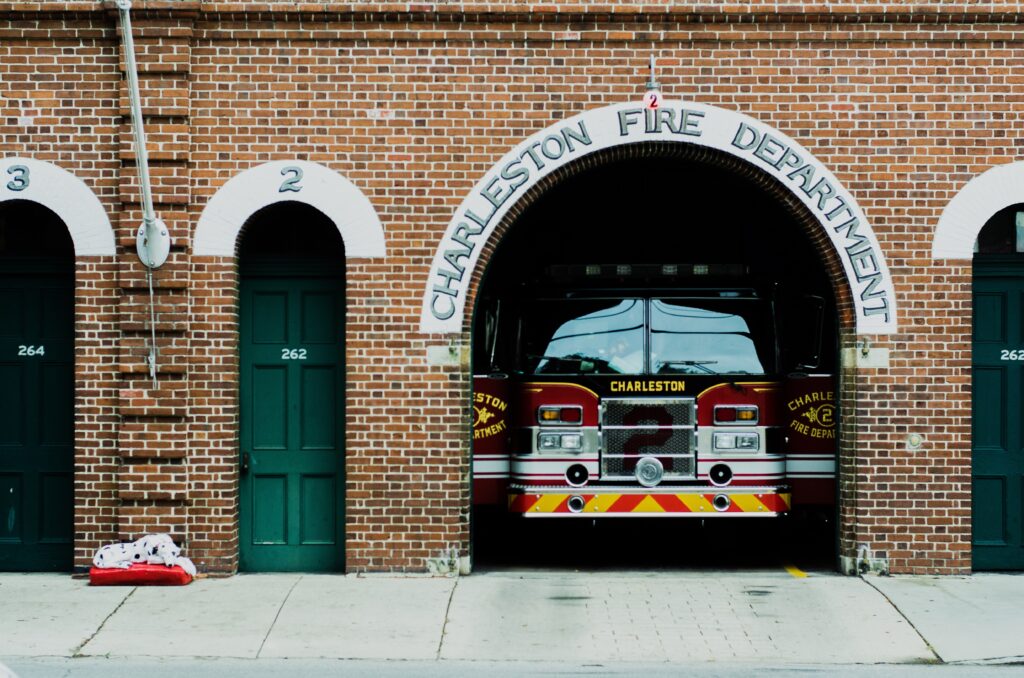
Certifications
Recognized Standards
Look for safes that comply with recognized standards for fire resistance and burglary protection. Common standards include Underwriters Laboratories (UL) for fire resistance and ratings from organizations such as the European Security Systems Association (ESSA) or the Association of Insurance Surveyors (AiS) for burglary protection.
Independent Testing Agencies
Safes certified or tested by independent testing agencies ensure that the claims made by the manufacturer are accurate. Look for safes with certifications from trusted agencies such as UL, Intertek, or VdS.
UL Ratings
UL ratings are a common standard for measuring the fire resistance of safes. Look for safes with UL ratings that meet your specific needs, such as UL Class 125 for media protection or UL Class 350 for paper protection.
Insurance Requirements
If you plan to insure the contents of your safe, check with your insurance provider for any specific requirements or certifications they may require. Some insurance providers may have minimum security standards that your safe must meet.
Installation
Professional Installation
Consider hiring a professional to install your safe, especially if it is a larger or more complex installation. Professionals have the expertise and equipment to ensure proper installation, anchoring, and securing of the safe.
DIY Installation
If you have the necessary skills and knowledge, you can choose to install the safe yourself. Ensure that you follow the manufacturer’s instructions carefully and use the appropriate tools and materials.
Anchoring and Securing
Properly anchoring and securing your safe is crucial for its effectiveness. Follow the manufacturer’s guidelines for anchoring and securing the safe to prevent it from being easily removed or tampered with.

Conclusion
Assessing Your Needs
Choosing the right safe in Charleston requires careful consideration of your specific needs. Evaluate the items you want to protect, the available space, and any particular requirements unique to your situation.
Prioritizing Safety Features
Identify the safety features that are most important to you. Determine your priorities regarding fire resistance, burglary protection, locking mechanisms, and additional features.
Finding the Right Balance
Consider your budget and seek to strike the right balance between price and features. Remember that a quality safe is a long-term investment that offers peace of mind and protection for your valuables.
Making an Informed Decision
Finally, conduct thorough research and read reviews about different safe options available in Charleston. Consider visiting a local safe showroom to see the safes in person and ask questions to ensure that you make an informed decision.
Choosing the right safe is essential for the protection of your valuables and important documents. By considering the factors discussed in this article, you can confidently choose a safe in Charleston that meets your specific needs and provides the necessary security for your peace of mind.
